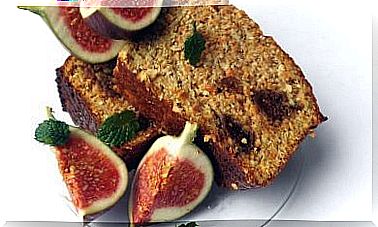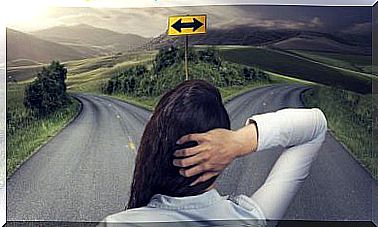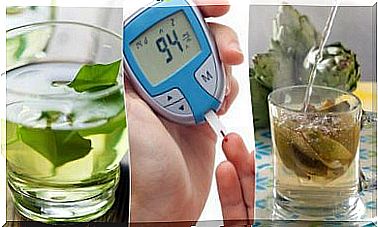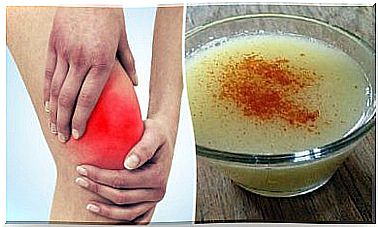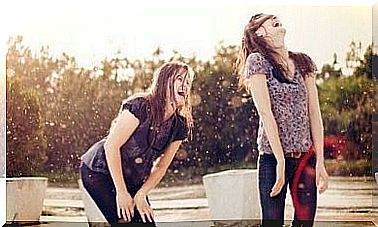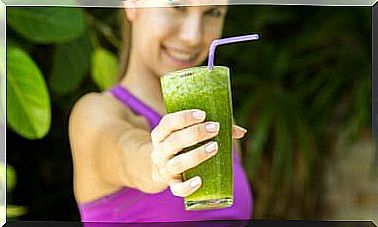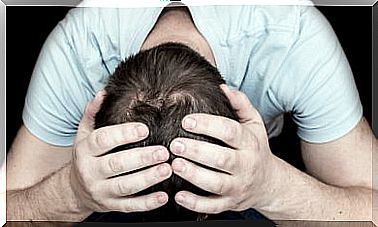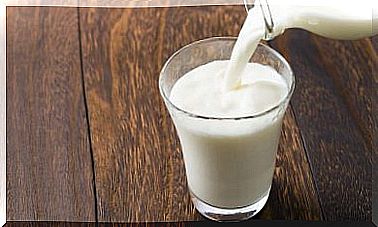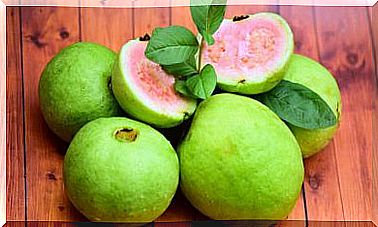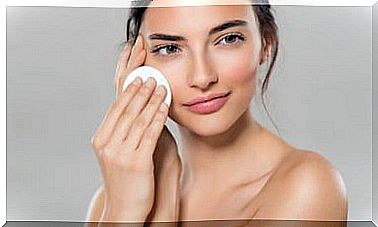When Is It Better To Brush Your Teeth?
We know that brushing your teeth is very important to remove food debris and bacteria. It also serves to eliminate bad breath and prevent diseases.
However, we have the doubt of when it is better to brush our teeth because some dentists tell us one thing and others something totally different.
The frequency of brushing and professional consultation
Dental hygiene is very important to achieve healthy and, above all, strong teeth.
For this cleaning to be correct, it is necessary to comply with a routine of brushing and rinsing several times a day. In addition, it is necessary to go to the dentist or dentist for a deep (professional) cleaning once a year.
If we have any questions regarding how to brush our teeth, how to use the toothbrush and how often to clean the mouth, a dentist will give us the answers we need. Likewise, you can explain to us which is the best technique to brush and remove food debris.
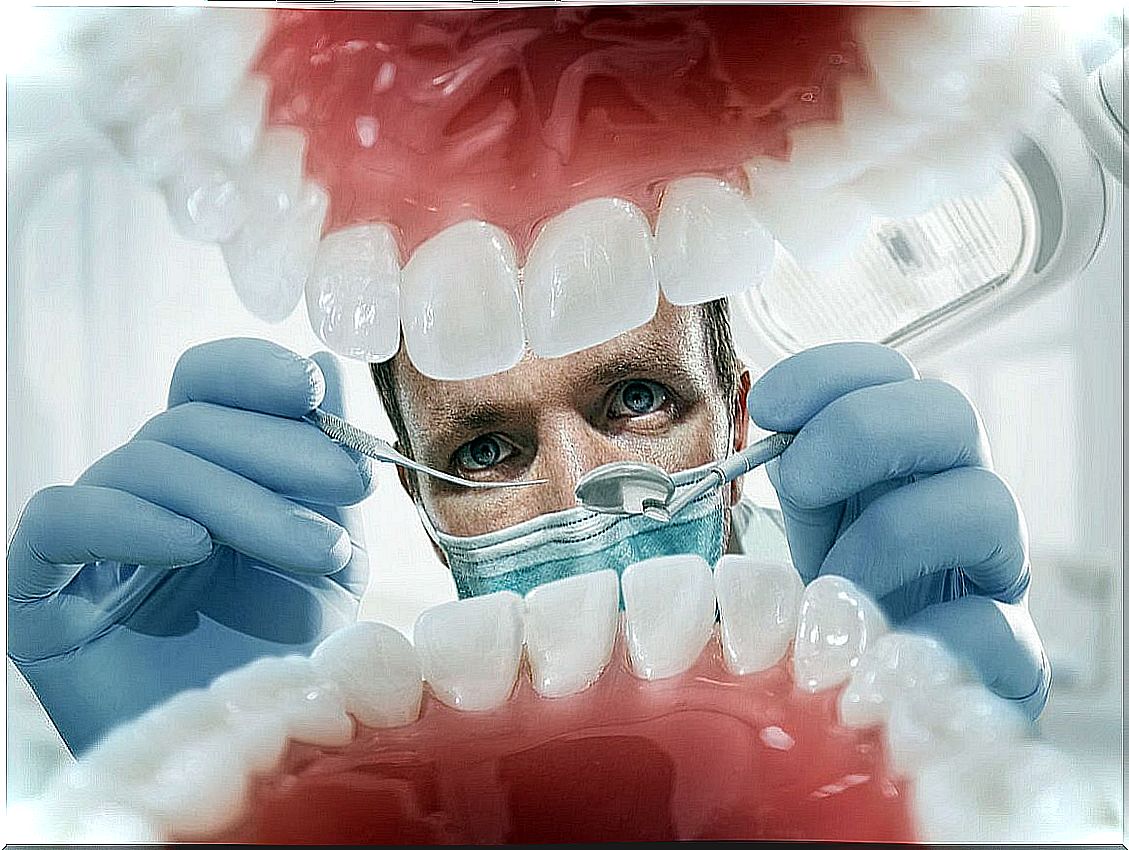
Regarding the frequency, the dentist will indicate that:
- You need to brush your teeth 2-3 times a day.
- Night brushing is more important than day brushing.
Why? First, because we have accumulated food from various intakes and, second, because while we sleep we produce less saliva.
The lack of this liquid translates into a less clean mouth and more vulnerable to the action of bacteria that produce plaque, sensitive gums, cavities or bad breath.
It is vital to be constant in relation to dental hygiene and not forget any brushing. Even if we are very tired, those minutes of cleaning can mean that the teeth and molars are healthier.
Discover: Calculation of the salivary gland
The action of oral bacteria
About 600 different types of bacteria live in the mouth. Some of them are beneficial and serve to maintain health, others cause diseases (including gingivitis, periodontitis and the well-known cavities).
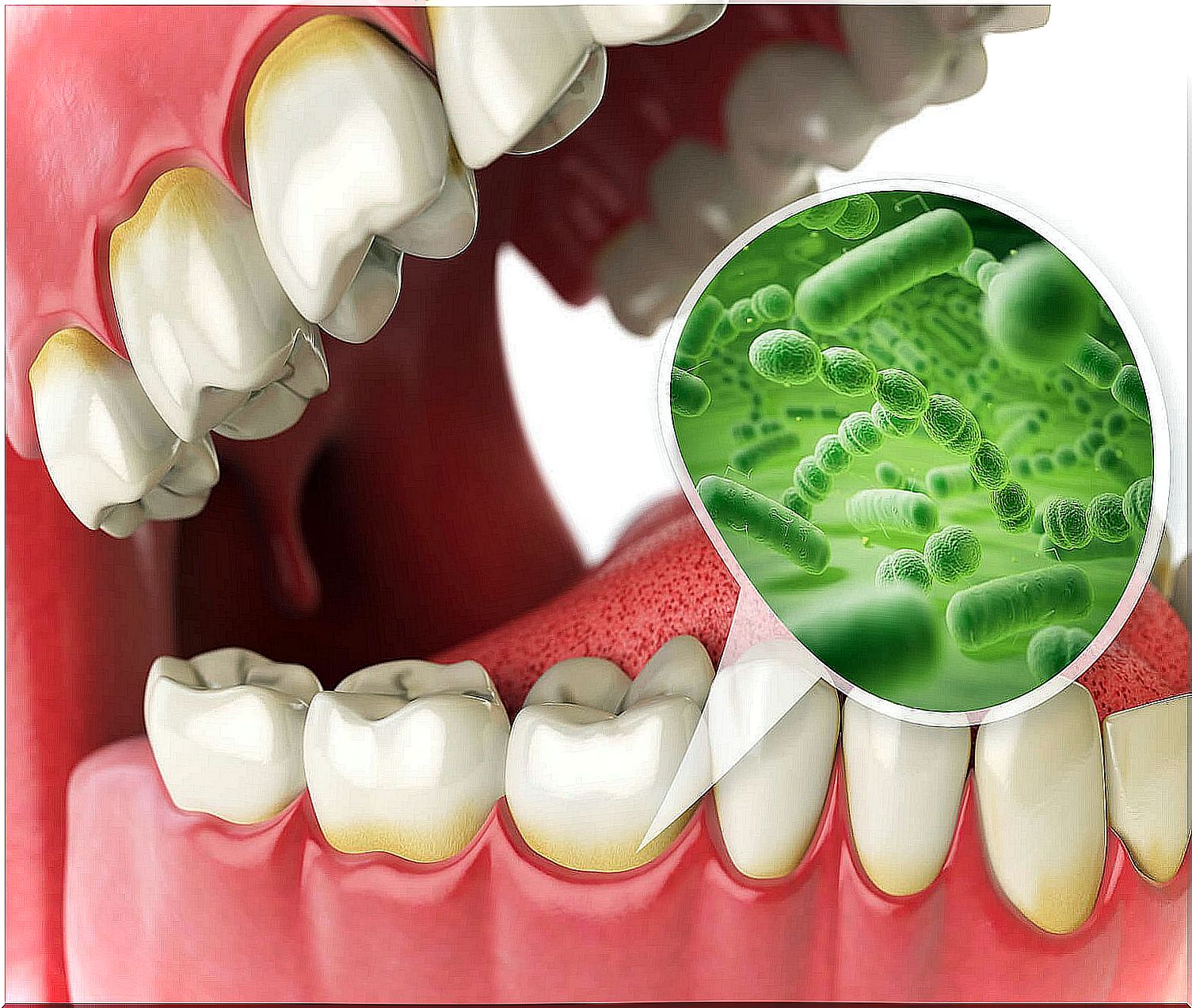
One of the most harmful is Streptococcus mutans, which thrives on the food we eat, including:
- Carbohydrates
- Saccharose.
- Glucose.
- Fructose.
- Galactose.
- Almodon.
- Maltose.
Bacteria continually try to “cling” to our teeth and, to avoid this, we have to brush, yes or yes, both the teeth and the tongue. In this way, we are helping saliva. These microorganisms produce acids all day, especially while we are eating, even after brushing.
It is necessary that we keep bacterial growth at bay, preventing them from being in a suitable medium to develop. Night brushing is the main action we have to prevent diseases.
On the other hand, if we go to bed without brushing our teeth, the next day the breath will be unbearable. Why? Because the food that we have eaten at night will decompose in the mouth and if we add to that the least secretion of saliva …
The consequence is halitosis (in the event that it is only due to lack of oral hygiene and not to a gastric problem).
When is it better to brush your teeth? After dinner or before bed?
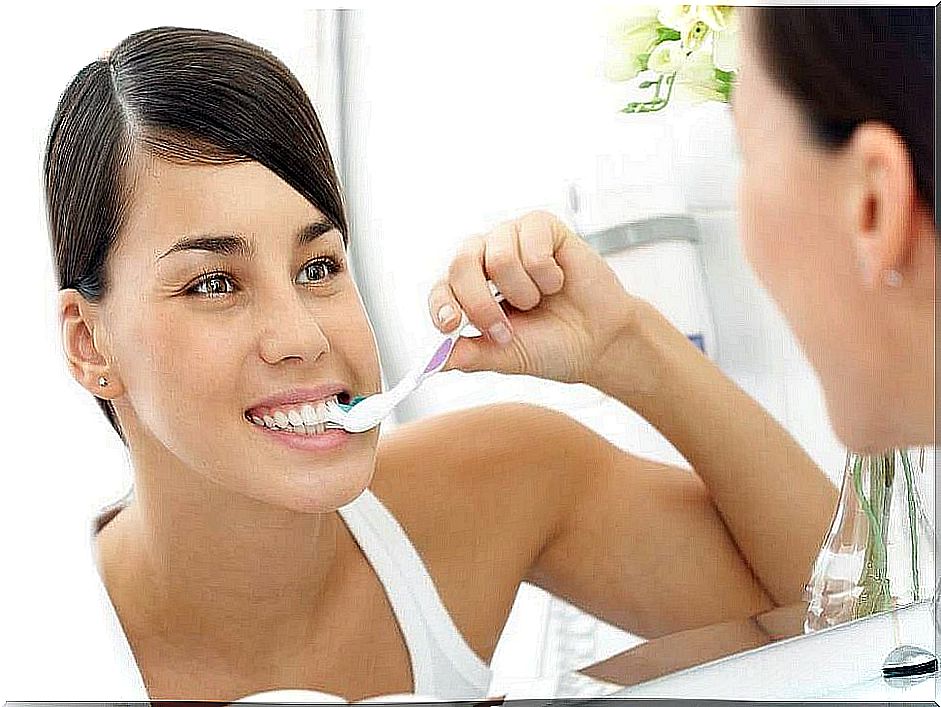
For many, this moment is the same, since as soon as they finish eating they go to bed. In addition to the fact that this is an error in the digestive plane (it takes at least two hours for the stomach to digest food) it is also in relation to cleaning or oral health.
Some have the habit of brushing their teeth as soon as they finish eating and others wait to go to bed. As with everything, there are conflicting opinions.
After eating
Those who say that brushing after eating is not appropriate say that this is because while we eat food the pH of the mouth drops considerably. It takes time for it to return to its normal level.
The acid demineralizes the teeth and creates sensitivity problems by exposing the dentin. All teeth are put at risk by being in contact with the acid in food and this can damage them.
Before bedtime
On the other hand, there are those who confirm the opposite: brushing after dinner is better than before going to bed because toothpaste provides fluoride. This element strengthens the teeth. However, this option has an exception and it is precisely when acidic things are eaten.
In that case, they say, you will have to wait about half an hour or rinse with water to make the task easier later.
In turn, it has been discovered that as soon as we finish eating, a process called autoclysis occurs in the mouth , which naturally cleanses the lips, tongue and soft tissues.
If we then wait for that “reasonable” time to brush our teeth, we will take advantage of the pH balance on the one hand and, on the other, natural hygiene. And, as if that weren’t enough, we let the stomach digest the food well.
